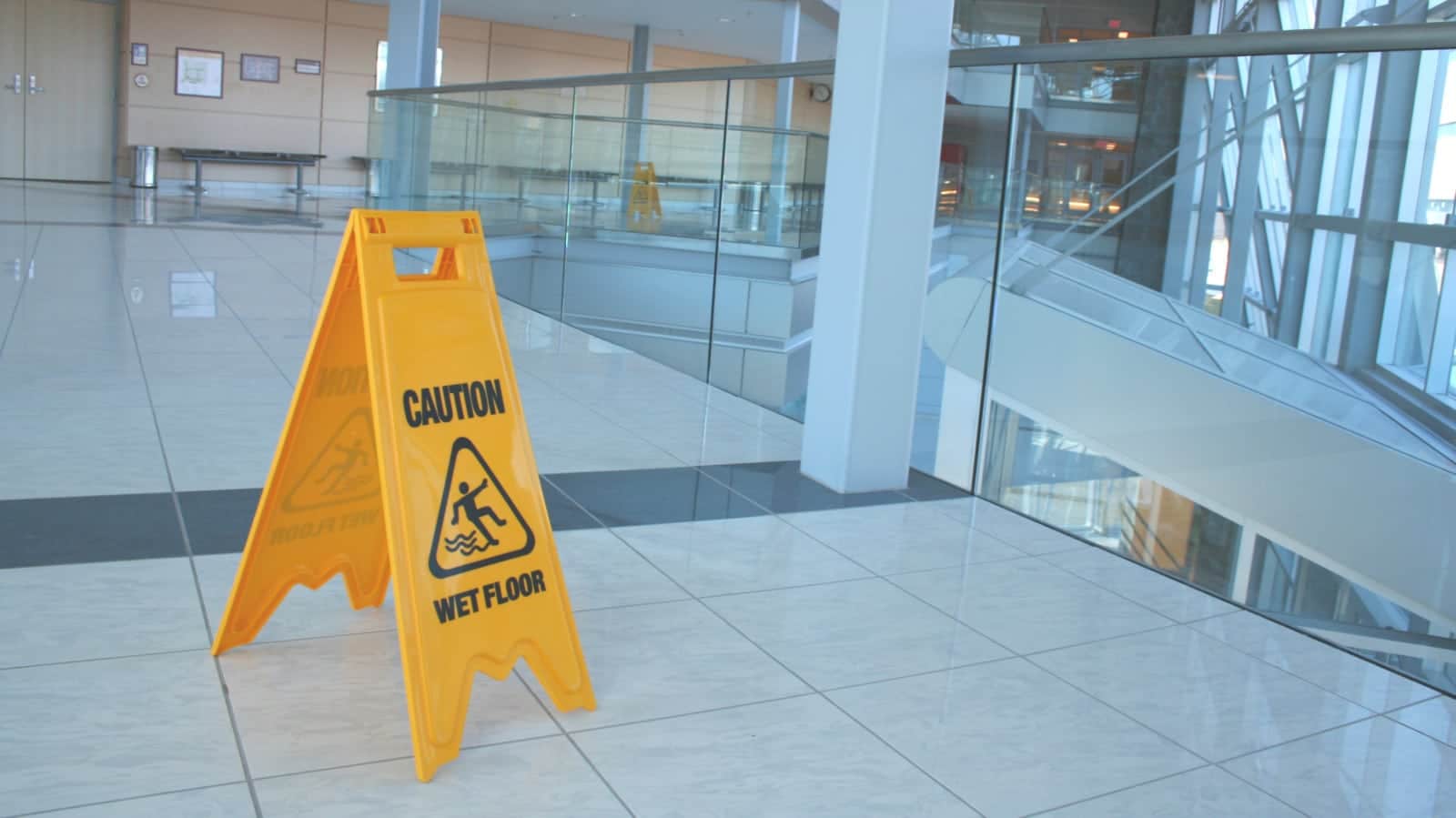Slip and fall accidents are not “minor” personal injury accidents. While some falls do result in just a few bumps and bruises, a slip and fall can result in traumatic injuries that are extremely debilitating and painful. If you suffer a traumatic brain injury (TBI), broken bones, a spinal cord injury, or a head injury, you may need one or more surgeries and months of painful physical therapy to recover. In some cases, a fall can result in a permanent disability that changes your life forever.
If you have been injured in a fall, it is important to file a claim against the party who is responsible for the condition that caused your injury. Determining liability in a slip and fall accident can be difficult, especially if more than one party could be liable. Our Boston slip and fall lawyer can help you identify the responsible party and file a claim for compensation. Call Jim Glaser Law for a free legal consultation.
Slip and Fall Accident Locations
A slip and fall accident can occur anywhere. Common locations for slip and fall accidents include:
- Grocery stores, shopping malls, and other retail outlets
- Gas stations
- Parking lots and sidewalks
- Offices, construction sites, and other work locations
- Steps, elevators, stairwells, and escalators
- Any surface that is wet or slick because of rain, snow, ice, or any liquid
- A neighbor’s or family member’s yard or home
- Doctor’s offices and medical facilities
- Private properties, such as rental homes or apartment complexes
A fall can occur when you least expect it because of a variety of causes. Common causes of slip and fall accidents include:
- Inadequate lighting
- Objects blocking walkways
- Loose floorboards
- Slippery floors
- Torn or worn carpeting
- Loose area rugs
- Lack of maintenance
- Damaged handrails or steps
- Uneven pavement, cracks, or potholes
It is important to determine how the accident happened so that you can prove liability. You must also determine who is liable for the conditions that caused the accident if you want to recover compensation for your injuries.
Who Is Liable for My Slip and Fall Injury?
As stated above, more than one party may be responsible for the conditions that led to your fall. In most cases, the property owner is responsible for any injuries that occur on the property. For example, if you fall in a parking lot, private property (i.e. your neighbor’s house), or a retail store, the owner of the property may be liable. However, if the property is leased or rented, the tenant may be liable or jointly liable with the property owner. If the accident occurs on government property, you might need to file a claim against a government entity.
Naming the correct party is important because you must prove that the liable party knew or should have known about the condition that caused the injury, and that party did nothing about it. You may also prove that the owner caused the dangerous condition and did nothing to remedy the condition that led to the injury. Once you establish the person who is liable, you must show the court that the condition led to your injury and you suffered damages as a result of the fall.
Additionally, Massachusetts follows a comparative negligence rule, meaning that you can recover damages if you hold 50% or less of the fault for the accident. However, your damages will be reduced by your percentage of fault. If you are found to be more than 50% at fault, you cannot recover any damages. This makes it crucial to have a lawyer who can help you avoid being blamed for your own injuries.
Do You Need a Slip and Fall Lawyer?
According to the CDC, falls are the leading cause of death and injury in older Americans. If you have been injured in a slip and fall accident, it is essential to seek legal advice to navigate the complexities of your case.
If you need help determining or proving slip and fall liability, contact Jim Glaser Law today to request a free case evaluation. Our experienced attorneys can help you understand your rights and pursue the compensation you deserve.








